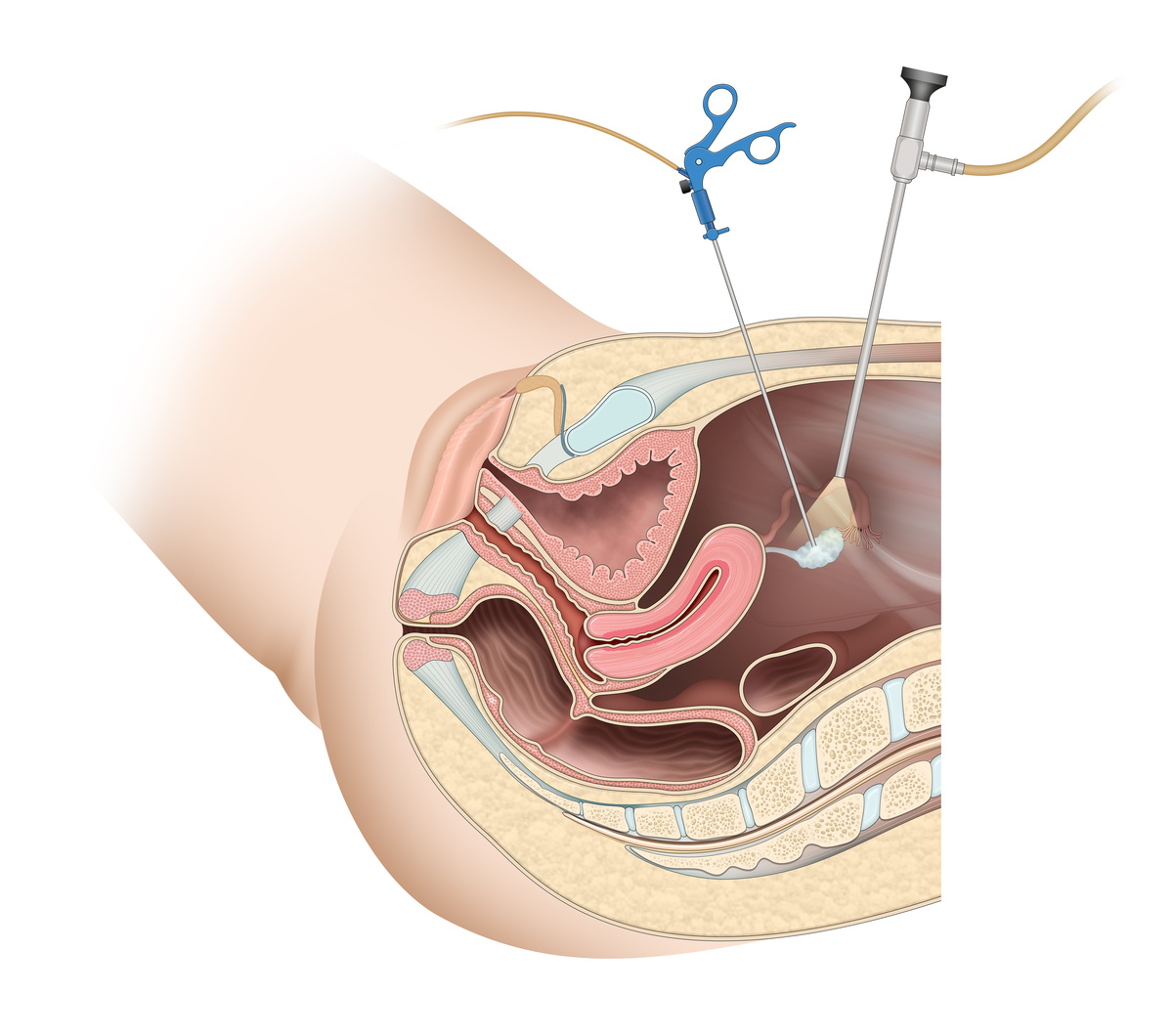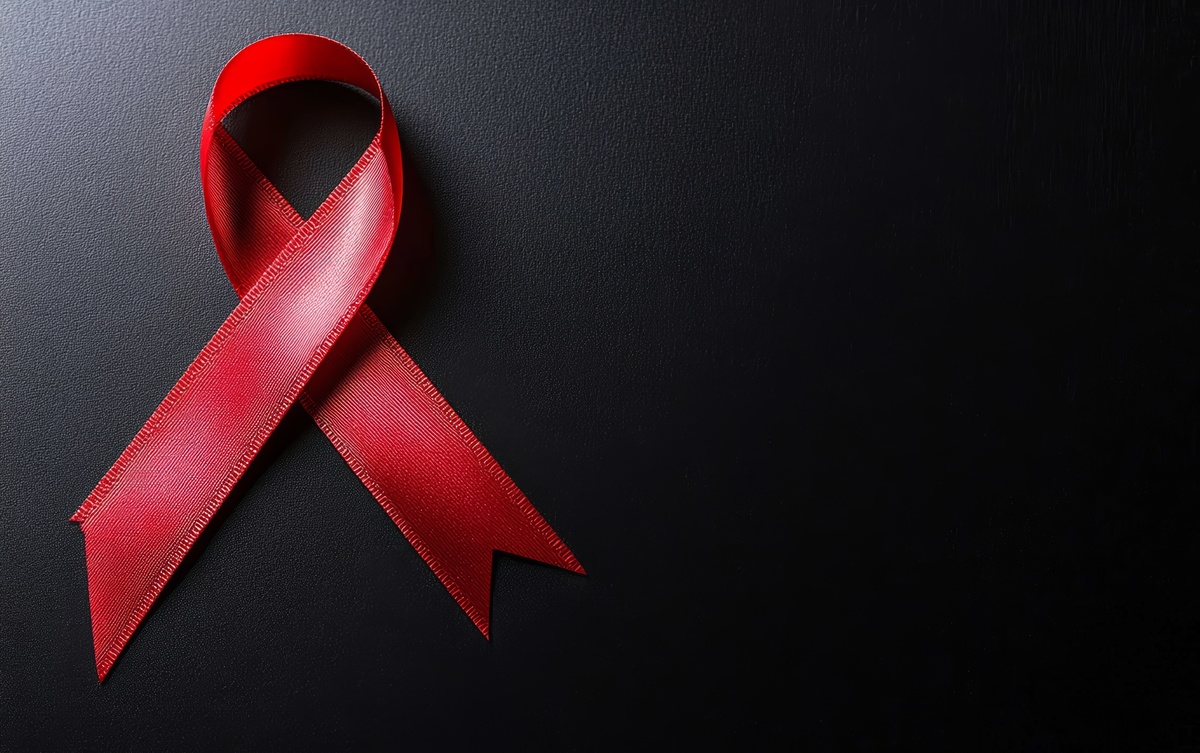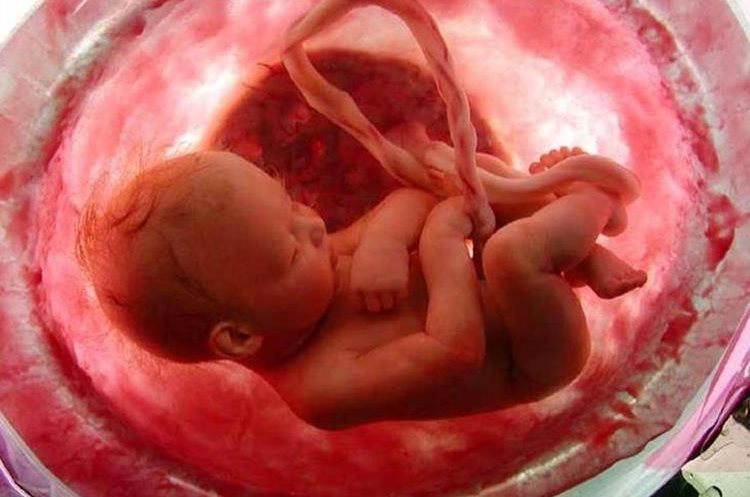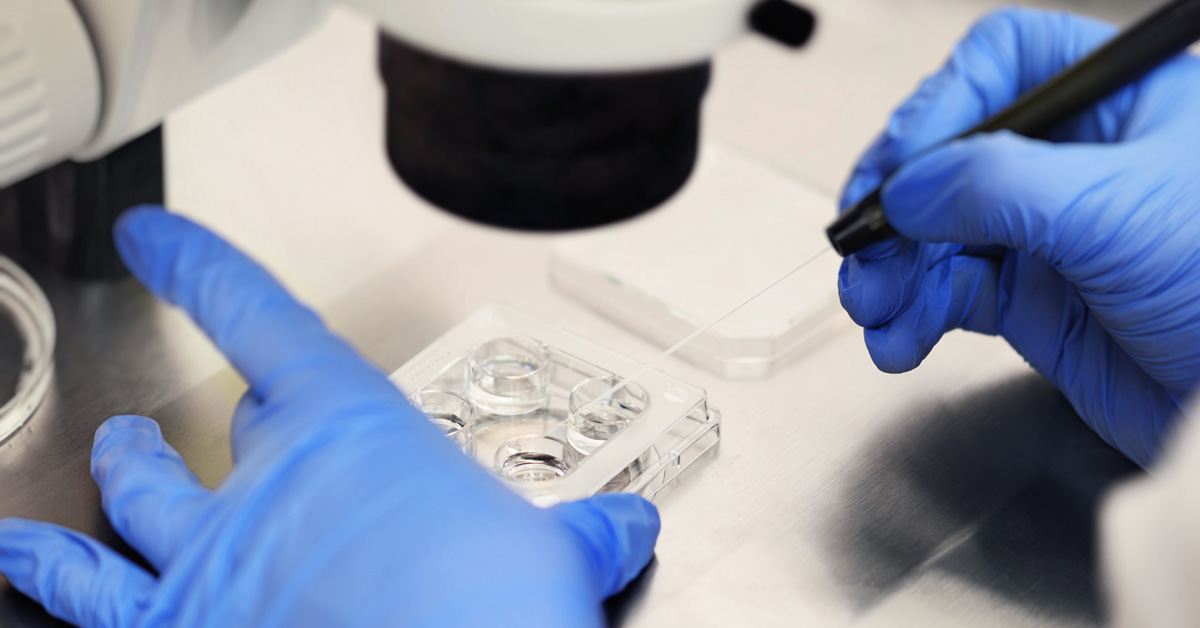Endometrial Polyp: What It Is and When It Should Be Treated
The Endometrial Polyp is a prominent lesion that affects the membrane that covers the inner wall of the uterus, called the endometrium. These lesions, which look very similar to a wart, arise from a disorder in the cell division of some tissues in the uterus. However, it is necessary to say beforehand that most of the time, these uterine polyps are benign and easy to treat. In the next topics we will tell you when an Endometrial Polyp should be treated. Follow along!
What are the symptoms of an endometrial polyp?
A woman affected by an Endometrial Polyp usually complains of the following symptoms:
- Abdominal cramps outside the menstrual period (main symptom of the presence of endometrial and endocervical polyps);
- Excessive bleeding during menstruation;
- Leaks outside the menstrual period;
- Pain during sexual intercourse;
- Recurrent abdominal discomfort;
- Odorous discharge ;
- Difficulty getting pregnant or the occurrence of spontaneous abortions in more serious cases.
Possible infertility caused by an Endometrial Polyp is caused by obstructions that can prevent sperm and eggs from meeting. The spontaneous abortions that can occur are related to a possible difficulty in implanting the embryo in the endometrium caused by a polyp. It is also worth mentioning that the majority of cases of Endometrial Polyps affect women over 40 years of age. That is, women in the age range considered ideal for reproduction rarely develop endometrial polyps.
What causes this condition?
Just like uterine fibroids and other similar conditions, the cause of Endometrial Polyps is not yet known. However, studies of some cases indicate that the majority of women affected by polyps have:
- Overweight or obesity;
- Hormonal disorders;
- Family history prone to the disease;
- Hypertension;
- Irregular menstrual period;
- Among other related factors.
Only a medical evaluation can point out what led to the appearance of an Endometrial Polyp in the uterus of a given patient.
How to diagnose endometrial polyps?
The diagnosis for identifying an Endometrial Polyp is made through imaging tests, such as:
- Transvaginal ultrasound (it is the main diagnostic method for uterine polyps);
- Diagnostic hysteroscopy (exam that visually exposes the entire structure of the uterus).
- Magnetic resonance imaging of the pelvis.
When is the right time to treat an Endometrial Polyp?
An “ENDOMETRIAL POLYP” must be treated when it represents a nuisance for the woman or a risk of complications for a future pregnancy. This is because these formations can assume various types of behavior. Some polyps can develop, increasing in size and causing extreme discomfort for the woman. In fact, there is even the possibility that an Endometrial Polyp could turn into cancer. But don’t worry, as the possibility of a cancerous lesion is very remote! In any case, we recommend that, if you notice any symptoms related to this gynecological condition, you contact us for a more detailed investigation.
Available treatments
Endometrial polyps can be treated with the following techniques:
- Use of hormonal suppressants, which can force the reduction and disappearance of polyps;
- Operative hysteroscopy, surgery performed to remove tumor masses that appear in the uterus, such as polyps and fibroids;
- Hysterectomy, which is surgery to completely remove the uterus (only used in more serious cases).
Is it possible to prevent the appearance of polyps?
Yes, it is possible to prevent the appearance of an Endometrial Polyp by adopting some daily care such as:
- Have a healthy diet with less fat and sugar and more fruits, vegetables and white meat;
- Practice physical exercises;
- Control blood pressure;
- Maintain correct body weight;
- Among others.
It is worth highlighting that even while maintaining a regulated lifestyle, genetic and/or hormonal factors can interfere with the appearance of endometrial polyps. For this reason, it is more than recommended to maintain a routine of regular visits to a gynecologist.
Seek help!
If you want to stay alert about the appearance of endometrial polyps, you should seek specialized help. Contact the Chedid Grieco Laboratory, a center specializing in diagnosing and treating problems related to human reproduction. Schedule your appointment now, and count on us!







